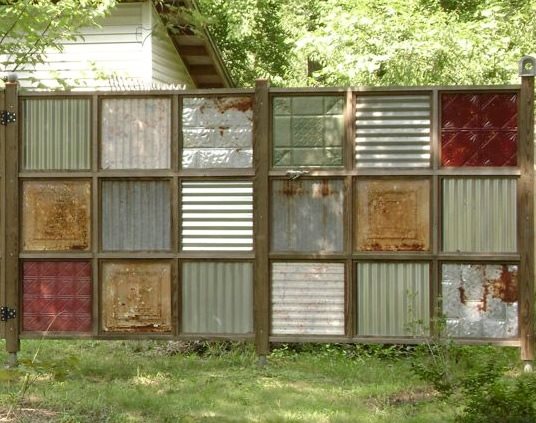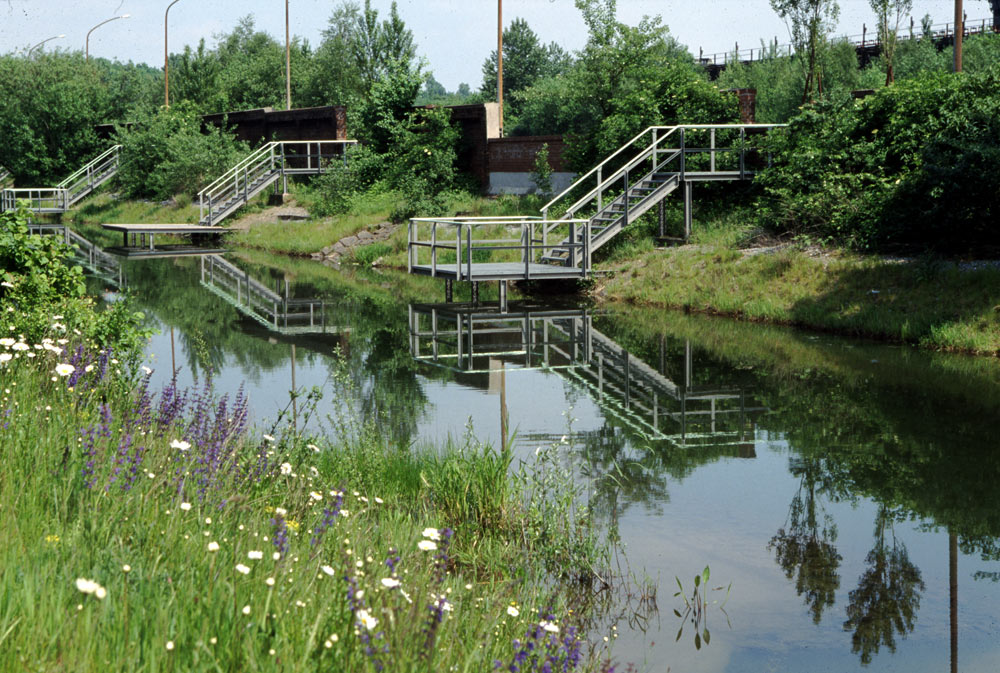The Five R’s of Landscape Maintenance
How do you express yourself within your garden or landscape? Typically our landscapes are adorned with beautiful plants that sprinkle the landscape with color. The liveliness and beauty of landscapes are expressed through the showcase of our favorite colors, plants, or wildlife attractors. Nonetheless, our landscape’s beauty is also characterized by how they are managed. This past week we celebrated Earth Day, as such we celebrate the five R’s (refuse, reduce, reuse, repurpose, and recycle) by gardening for Earth Day. Therefore, a beautiful landscape relies on our ability to incorporate the R’s into a landscape’s design and management.
Refuse
The R’s are hierarchical with refuse being the first step and recycling being the final. Refusing simply implies refusing unnecessary items for your landscape that produce waste. A common wasted product is plastic containers for plants. The typical plastic containers for plants are not recyclable. Many avid gardeners do bare-root transplants to refuse waste for their planting containers. Any time we can refuse unnecessary waste in the landscape, we reduce the amount of waste accumulated with landscape maintenance-which the Earth will thank you for.
Reduce
Reduce relates to the program’s biggest concern, water. By following the Florida-Friendly Landscaping™ (FFL) Program’s first principle, “Right Plant, Right Place” you can significantly reduce a landscape’s overall inputs, which include water, fertilizers, and pesticides. Furthermore, you reduce inputs further by following the best management practices associated with the program’s second principle, “Water Efficiently”, its third principle, “Fertilizer Appropriately”, and its sixth principle, “Manage Yard Pests Responsibly”. By following the FFL principles, there’s a significant reduction in landscape inputs-which the Earth will thank you for.
Reuse
Reusing relates to our ability to use the same materials multiple times in the landscapes. A common landscape material in construction, installation, and maintenance of landscapes is plastics. Being able to reuse those materials can help reduce the number of plastics needed in landscape maintenance. As an example, some homeowners install temporary drip irrigation systems to establish their plants or irrigate vegetable gardens. The homeowners will use these systems multiple times. Many of those homeowners have been able to reuse the same materials repeatedly. Reusing our garden materials can save us money and help reduce our overall consumption in the landscape-which the Earth will thank you for.
Repurpose
Repurpose, also colloquially referred to as “upcycling”, is my absolute favorite. Homeowners, gardeners, or designers can express themselves in unbelievable ways through creative repurposing. Incorporating repurposed materials into your landscape can create beautiful architectural features, colorful sculptures, or moments of inspiration.

In some situations, designers completely repurpose entire landscapes to create sustainable, healthy landscapes from once polluted sites. Many great examples include Gas Works Park in Seattle, Washington; The High Line in New York City, New York; Depot Park in Gainesville, Florida; and my favorite, The Emscher Landscape Park in Germany. You can also find Emscher Landscape Park’s visitor’s guide here.

Alternative ways to repurpose in our landscapes is to consider the FFL program’s “Reduce Stormwater Runoff”. Reducing stormwater runoff includes the repurposing of stormwater. Excessive stormwater can have a second life by helping water our plants through the use of cisterns and rain barrels. Furthermore, by repurposing items in your landscape you create beautiful and unique features, giving a second life to discarded items-which the Earth will thank you for.
Recycle
Lastly, the FFL Program’s seventh principle is “Recycle”. Recycling plant material within our landscape helps build healthy soil and provide nutrients to other plants. In turn, our healthier soils hold nutrients and moisture better, which makes for a much happier landscape. There are many strategies to recycle in the landscape. Some gardeners compost their yard waste in composting bins or piles, vegetable gardeners may use green manure, or some homeowners simply allow the leaves and grass naturally break down in their landscape. Undoubtedly, recycling in the landscape creates a healthy foundation for plants to grow and thrive-which the Earth will thank you for.
Celebrate a Landscape’s Beauty
As we celebrate Earth Day this month, let’s celebrate a landscape’s beauty. Let’s celebrate an aesthetic beauty and a beauty characterized by proper maintenance that is eco-friendly, Florida-Friendly, and ultimately, earth-friendly. By refusing unwanted waste, reducing our landscapes inputs, reusing landscape material, repurposing discarded or unwanted items, or by recycling our yard waste, we can create a better landscape suited for a healthier Florida. Therefore, my fellow Planeteers, as you are gardening for Earth Day this year, the Earth will thank you.
If you have any questions about Gardening for Earth Day or would like to learn about creative ways to manage our landscapes better, please reach to UF/IFAS Extension Alachua County’s Office for any questions about your landscape or garden. You may contact our Master Gardener Volunteer Help Desk at mag@alachuacounty.us. In the meantime, we’re all in this thing together and as always, I’m rooting for you.
For More Blogs by Dr. Taylor Clem, click here: https://blogs.ifas.ufl.edu/alachuaco/author/taylorclem87/
 0
0
